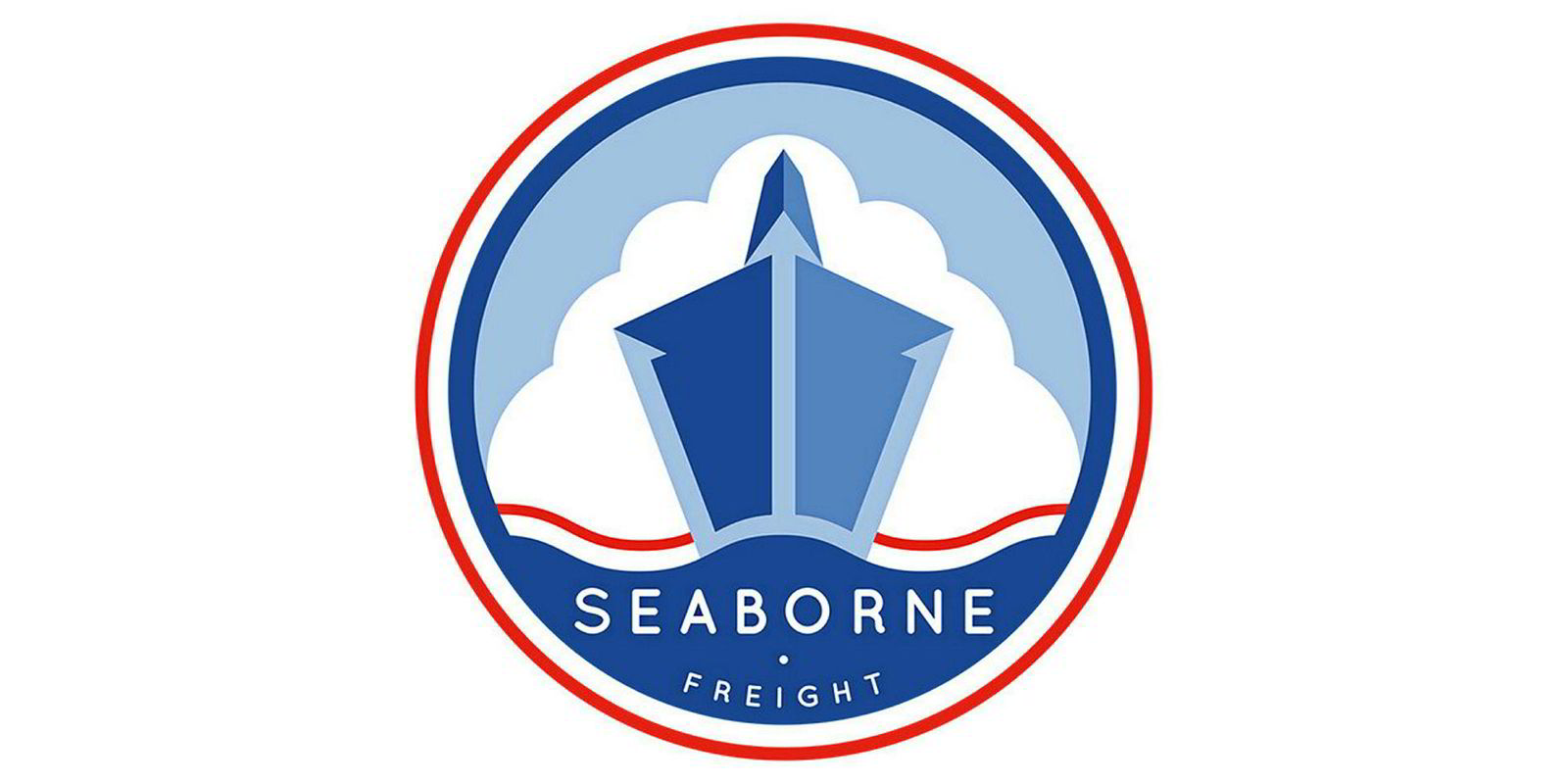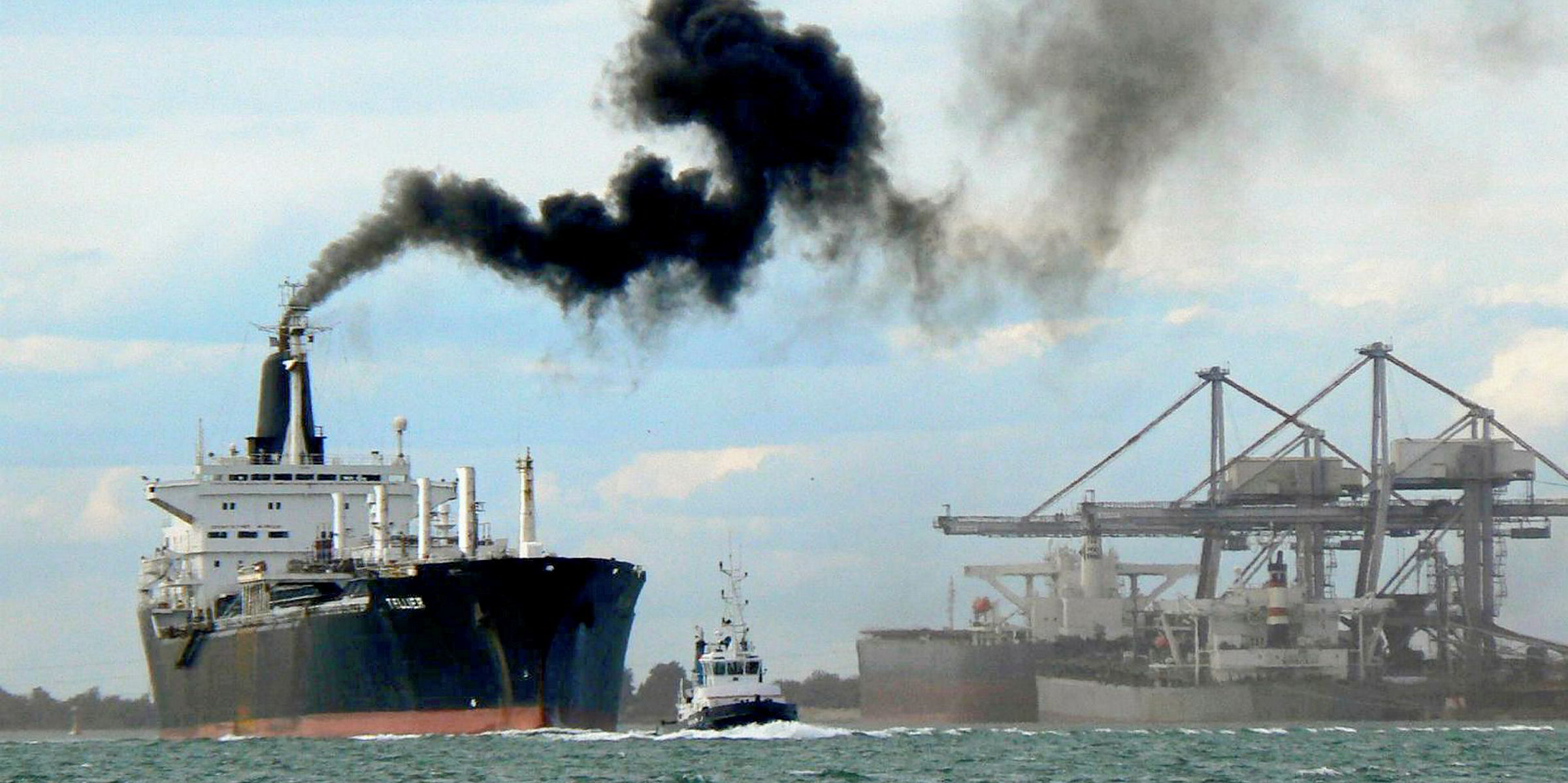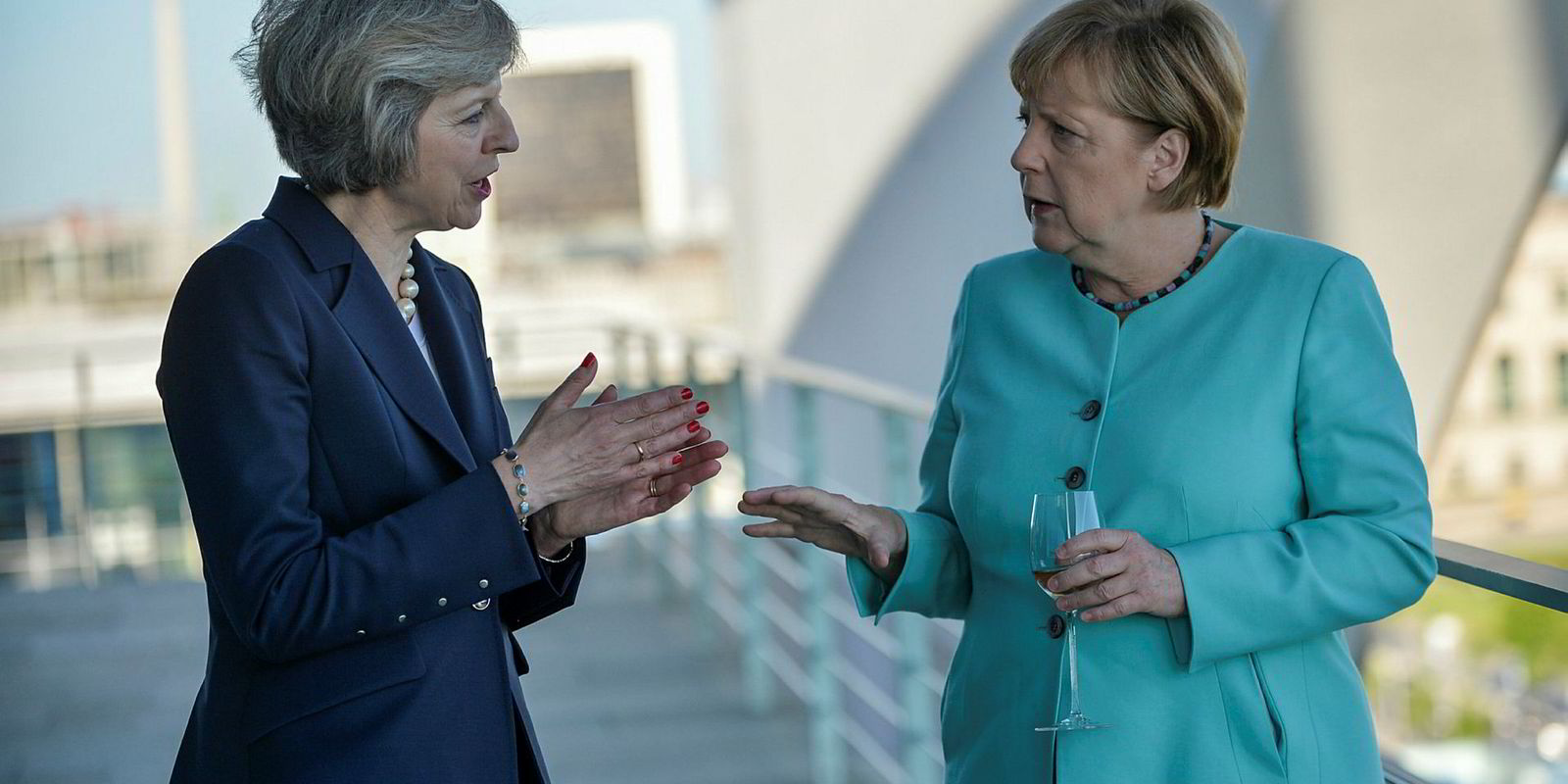Rarely have Britain’s cross-Channel ferry services been under such scrutiny. And rarely has a small maritime start-up faced such an onslaught of hostile press attention as Seaborne Freight.
But sadly, rather less rare has been the sight of abject government incompetence and failure to plan and deliver a practical strategy to solve a difficult problem.
The Seaborne saga that whipped up in recent days has been a textbook example of what happens when a story gets out of control.
Seemingly at every turn, Seaborne and its directors have appeared hapless and unworthy of a £13.8m ($17.6m) subsidy thrown at them by central government to ensure extra freight-ferry capacity on the Channel in the event of the UK crashing out of the European Union in a "no deal" Brexit.
Government failure
But for all Seaborne’s apparent ineptitude, the real failure is that of the UK’s government and their officials in the Department for Transport (DfT).
It all began on Christmas Eve, when the DfT tried to bury the bad news of a £107m subsidy to three ferry companies to pay for extra freight capacity to take the pressure off the Port of Dover if Brexit turns messy, as has become distinctly possible.
With Dubai-owned P&O Ferries ineligible due to its Dover operations, the government pumped the bulk of the money to the other two major players.
France’s Brittany Ferries will receive £46.6m to add more services in the western Channel and Denmark’s DFDS £42.5m to expand to the east.
It is deeply ironic that a rickety flag-waving ferry start-up should have been used as political cover for a project supposedly driven by a desire to reassert Britain’s status as a great trading nation.
However, to pump money solely into European companies was presumably unacceptable to Chris Grayling, the UK transport secretary, and transport minister Nusrat Ghani.
After all, their Conservative government is heralding Brexit as an opportunity to "take back control", not subsidise already strong EU companies.
Limited options
Yet with no UK-owned ferry firms operating on the Channel, their options were limited to the only company with the plans to do so — Seaborne.
As TradeWinds reported last May, Seaborne has been developing a plan to relaunch ferry services from Ramsgate, north of Dover, to Ostend in Belgium, with the explicit hope of benefiting from Brexit upheavals.
While Ramsgate has suffered in recent years from poor port infrastructure and the need for dredging, it is close to the old Manston airport that could be used as a parking lot for trucks in the event of customs delays.
But Ramsgate has been a graveyard of ferry services in the past 30 years, with ambitious start-ups falling by the wayside.

Show of optimism
At that time, Seaborne chief executive Ben Sharp — a veteran of the marine insurance market — told us all but $25m to $30m of the estimated $100m start-up cost of the project had been secured.
But on being named as the recipient of £13.8m in government subsidy to have services up and running at the end of March, Seaborne’s lack of track record came back to haunt it.
Previous business failures saw the company’s directors pilloried by rival politicians and the press.
Seaborne finally became a laughing stock when it was spotted that the terms and conditions on its website appeared to have been copied and pasted from a pizza delivery firm.
Such errors are lamentable and suggest a very poor approach to operating a company intending to run vessels at high frequency through some of the world’s most congested shipping lanes.
However, some of the criticism has had little justification, such as the company’s intention to charter ferries rather than owning them outright. That merely reflects common ignorance of the way modern shipping works.
Ultimately, responsibility for the mess lies not with a small maritime start-up, however inept as it may appear.
It lies in government, among officials and their political masters, who have pursued a strategy of such incompetence.
Britain did not need to be in the farcical situation it now finds itself in. Two-and-half years since the country voted to leave the EU, its political leaders remain blinkered by political infighting and crippled by a failure to lead.
It is deeply ironic that a rickety flag-waving ferry start-up should have been used as political cover for a project supposedly driven by a desire to reassert Britain’s status as a great trading nation.
The UK’s maritime sector deserves better treatment.





